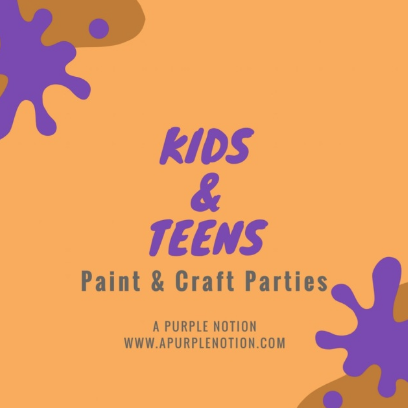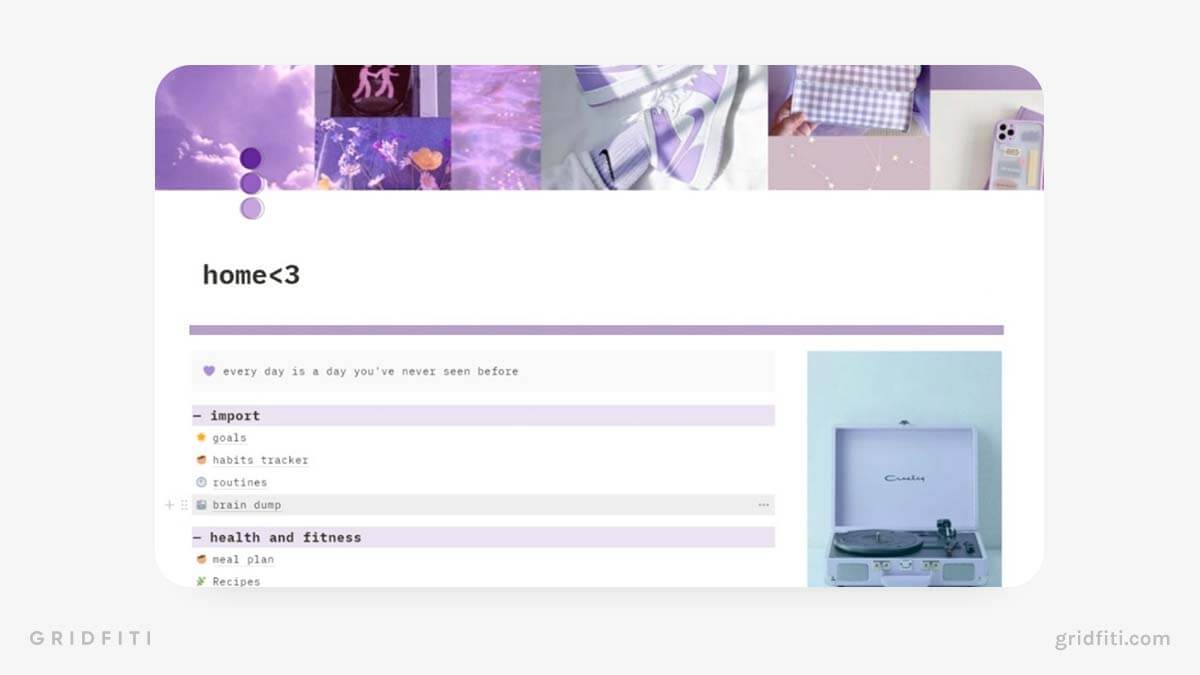



"As I type these words, people are being imprisoned, tortued and executed because their notion of the self diverges from the absolutist theories of a dominant regime." Sometimes, as Baudelaire wrote, we feel that there might well be another place, a realm of Platonic ideals or a sublime utopia, in which everything is coherent and perfectly meaningful. We answer the questing child in turn, for as long as we can. Later, and despite all of the above, we try to assume the role of reassuring adult, though we are not even reassured ourselves. ‘Why was I born?’ ’Why must I die?’ One day the reassuring adult says: ‘I don’t know.’ Or, worse besides, ‘We have no idea, whatsoever.’ This is quite the opposite of reassuring. Yet, gradually, we begin to understand that something is awry. We pose urgent questions and, for a while, we are supplied with reassuring answers. We emerge into consciousness and at first the world is described, interpreted, to us by our parents, our teachers. This alludes to the strangeness of the condition in which we find ourselves, as it were. Charles Baudelaire argued that to be human was to be in a perpetual state of existential confusion, even horror - ‘Il me semble que je serais toujours bien là où je ne suis pas’ - or, it seems to me I would be fine anywhere but here. Seneca said ‘Errare humanum est’ - to err is human - which may mean that all our attempts to understand the self are fraught with (human) error. Is there an indivisible core self, beneath these roles and social codes, untainted by mortal flux? Or, as Georges Bataille wrote, are we ‘discontinuous beings, individuals who perish in isolation in the midst of an incomprehensible adventure’ - yearning, all the time, for ‘our lost continuity’? Mark Zuckerberg (founder of Facebook) has propounded a theory of the self: “You have one identity…Having two identities for yourself is an example of a lack of integrity.” In response we might leaf through our dusty old tomes and cite Shakespeare once again, the seven ages of man (and woman) and how we play so many parts as we journey through life, from the mewling infant to the schoolchild to the responsible adult and beyond. More recently the digital age has fostered a quite ethereal online-self, which sets forth across the cyber-wilds. Later, we encounter the heroes and heroines of bildungsromans (novels about the ‘building of a self’), including: Tristram Shandy by Laurence Sterne, Jane Eyre by Charlotte Bronte, The Magic Mountain by Thomas Mann, A Portrait of the Artist as a Young Man by James Joyce, Martha Quest by Doris Lessing, The Color Purple by Alice Walker, Valis by Philip K Dick, Never Any End to Paris by Enrique Vila-Matas and so on. Questers abound, and I have sufficient space only for an insufficient survey: Inanna in the Underworld, Isis and Osiris, Odysseus, Hercules and his trials, Theseus in the Labyrinth, Jesus in the wilderness, Buddha on his quest for enlightenment, sundry Grail Knights trotting nervously through enchanted forests, Hamlet tasked with avenging his father. In the materialist tradition, this distinction is maintained and yet reversed - the tangible, unyielding world precedes and succeeds the finite self. In the Upanishads all creation originates with the emergence of the self - ‘I am!’ - and reality is the creation of mind. In the ancient Sumerian Epic of Gilgamesh, the eponymous hero leaves the city of Uruk and travels into the great wildness of life, in an attempt to understand the meaning of his life and to contend with the knowledge of death. The quest for self-knowledge recurs throughout literature, philosophy, science, theology and myth. What is the self? How might we know it and how might we describe it? Is it wine in a bottle, to be drunk by the years (D H Lawrence, parodying philosophers)? Is it mind on one side and body on the other, discrete substances communicating somehow via the pineal gland (Descartes)? Is the mind like a computer, potentially fathomable by neuroscience? Is the self a delusion, fostered by Mother Nature in order that we survive and procreate? (Though this begs the question of who, therefore, is Mother Nature?) Furthermore, how might we understand the self from within the self?


 0 kommentar(er)
0 kommentar(er)
